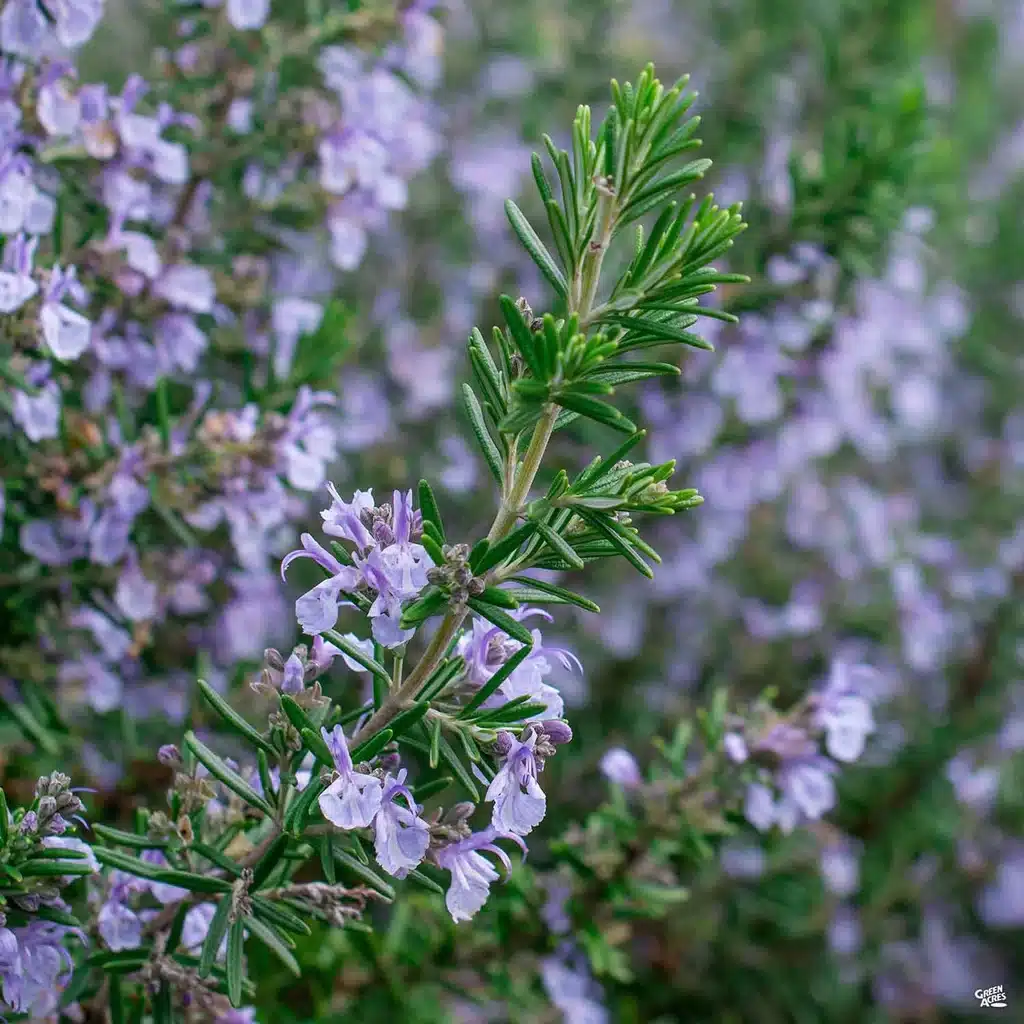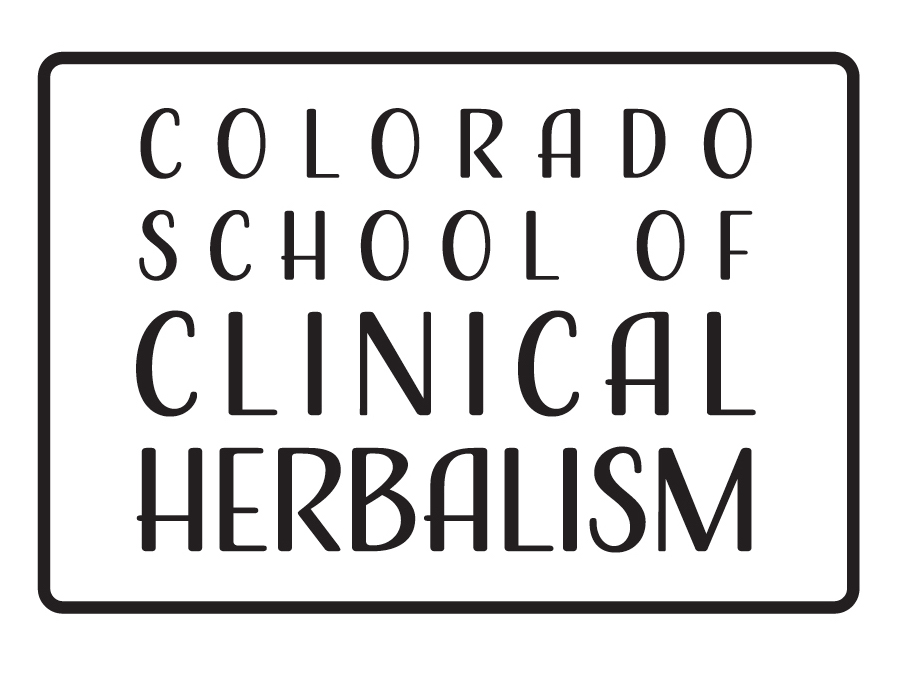
By: Samantha Cottle
Rosemary, or Rosmarinus officinalis, has been a well-loved and highly valued herb throughout the ages.
It is known as the “Heart of the Sea,” being native to the Mediterranean with its stout shrubby growth holding tight to the sea cliffs.
Although commonly used mostly as a culinary herb today in Western Cultures, it has a wide range of therapeutic uses including but not limited to; Circulatory Stimulant (blood mover), Brain tonic, Neuroprotective, Liver relaxant, Sedative, Anti-inflammatory, Anti-spasmodic, Anti-microbial, Anti-depressant, Analgesic (Pain reducing) and Antioxidant.
Rosemary can be supportive when experiencing loss of appetite, fatigue (both mental and physical), headaches, concentration, emotional upset, depression, memory, sleep, and anxiety.
Traditions of ancient Egypt, Greece, Rome, and the Middle East used this plant in many different rituals, blessings, and in worship. Fresh sprigs were placed over tombstones at funerals or even on coffins themselves during the burial as an offering and symbol of remembrance and love. The plant has volatile oils-a-plenty that make up the most beautiful aromatic scent, which can actually purify the air. When a living plant is placed in the room of someone who is dying, or even burnt as a smoke, it can remove unwanted energy, spirits, or spells. All the while its antimicrobial actions can help prevent infection from spreading further. It is an herb that has the properties to help warm us from the inside out. Which is imperative for comfort when considering how hard it is to regulate body temperature as we get closer to death. Apply some oil of Rosemary to your grandmother’s hands and feet to warm her gently. Or perhaps along her joints to provide effective relief from achy sore muscles or pain. As a tea or tincture, Rosemary can help with memory, soothe the presence of anxiety or emotional upset, and allow for peaceful rest.
It can help bring our innate wisdom forward from being hidden within and allow ample expression of our fondest memories stored deep in our hearts, ready to be relived or perhaps shared during our last remaining days. Rosemary can help us to relax and release our pain both emotionally and physically. It can allow for a calm connection to the past and to those we love dearly in the present. Rosemary refreshes the spirits by cleansing the air of both spiritual disturbance and literal sickness. It allows us to breathe deeply into comfort and drives away the melancholy vapors from the heart, leaving us feeling safe, and relaxed in the current space. Rosemary has long been used as an offering of love through life’s greatest transitions of birth, marriage, and death. An herb that brings to us the fresh, clean, crisp air of the sea no matter where we might be. Whether we are in the hospital, our family home, assisted living, or the like, we can use this plant as a transport to wide open spaces filled with wisdom, remembrance, and love. Rosemary is a most beautiful offering that extends her branches for us to join her in stillness by the sea.
And so whenever I smell that Rosemary, I will remember thee.
Resources: CSCH NOTES
Vitalism II- Vital Energetic Actions (Fund. Eve)
Readings in Vitalist Medicine (Adv. Day)
Herbal Actions Database
Advanced Topicals- MM Topical Oils (Adv. Day)
Acutes- Pain (Adv. Day)
MM w/ Matthew Becker- Personal Annotations 4/2/2023 (Fund. Eve)
MM#5- Rosmarinus officinalis (Fund. Eve)
Resources Continued…
https://www.sciencedirect.com/sdfe/pdf/download/eid/1-s2.0-S0962456298800210/first-page-pdf
https://www.ncbi.nlm.nih.gov/pmc/articles/PMC7491497/
https://nativenectarbotanicals.com/blogs/native-nectar-botanicals-journal/common-kitchen-herbs-that-are-actually-medicine
https://www.herbco.com/s-2503-rosemary-for-remembrance.aspx#:~:text=Rosmarinus%20officinalis%20is%20a%20woody,dates%20back%20to%20ancient%20Egypt.
